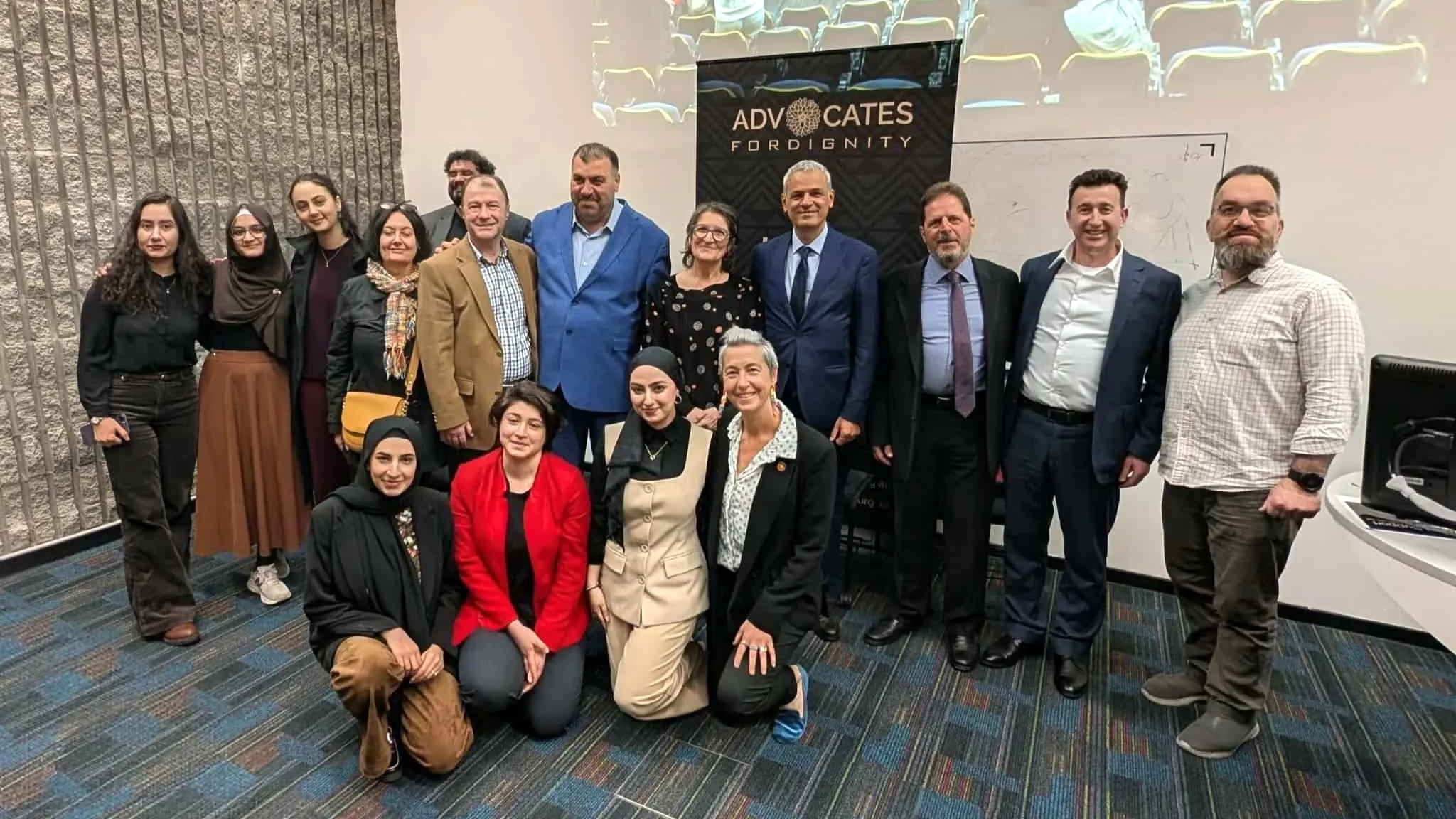On Sunday, August 31, Melbourne rang with angry chants at an anti-immigration rally. The next night, the atmosphere could not have been more different: over plates of baklava in a Monash University lecture theatre, scholars and advocates gathered for a panel on refugees and human rights, hosted by the Monash Global Peace and Security Centre (GPS) and Advocates for Dignity.
Moderator Eleonore Said, GPS Director, set the tone: the refugee issue is global, the stakes deeply human. She drew a direct line from Nigel Farage’s call to house asylum seekers in military camps, to Australia’s $400 million Nauru deal, to Greece’s suspension of asylum applications and violent pushbacks at sea.
“We’re not just talking about numbers, but about the human costs,” she said.
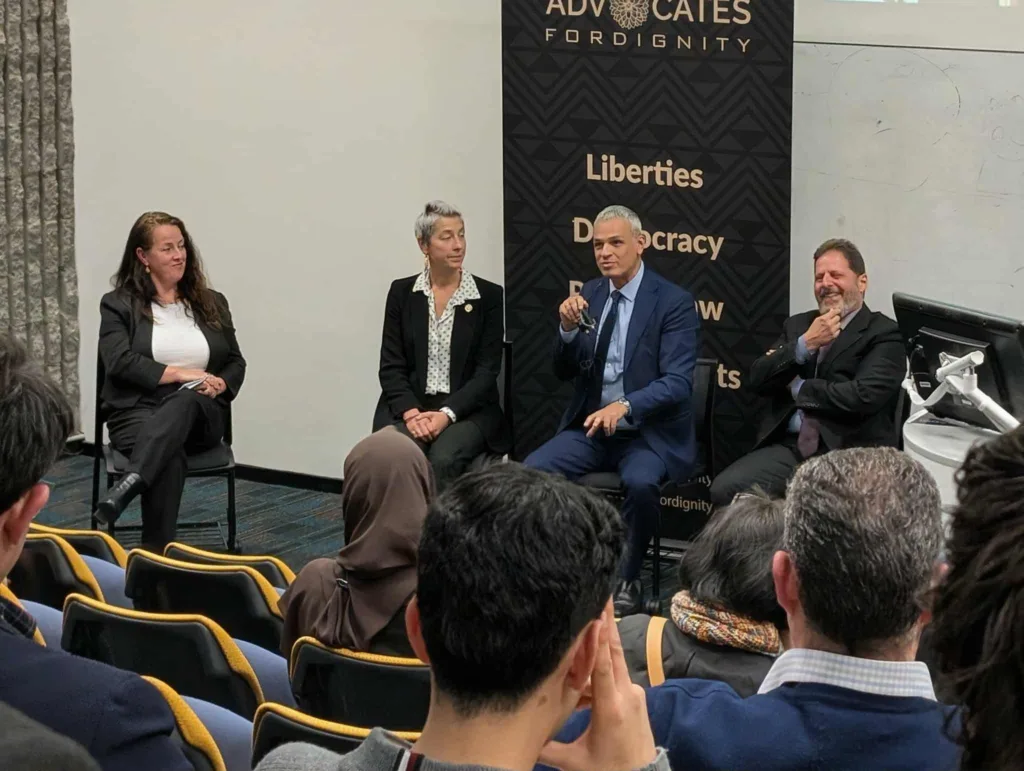
The panel featured Professor Sotirios Livas of Ionian University, Associate Professor Emmanuel (Manos) Karagiannis of King’s College London, and Jana Favero from the Asylum Seeker Resource Centre. Former MP Maria Vamvakinou and Hellenic Senior Lecturer Dr Andonis Piperoglou were in the audience, alongside Greek and Australian humanitarians.
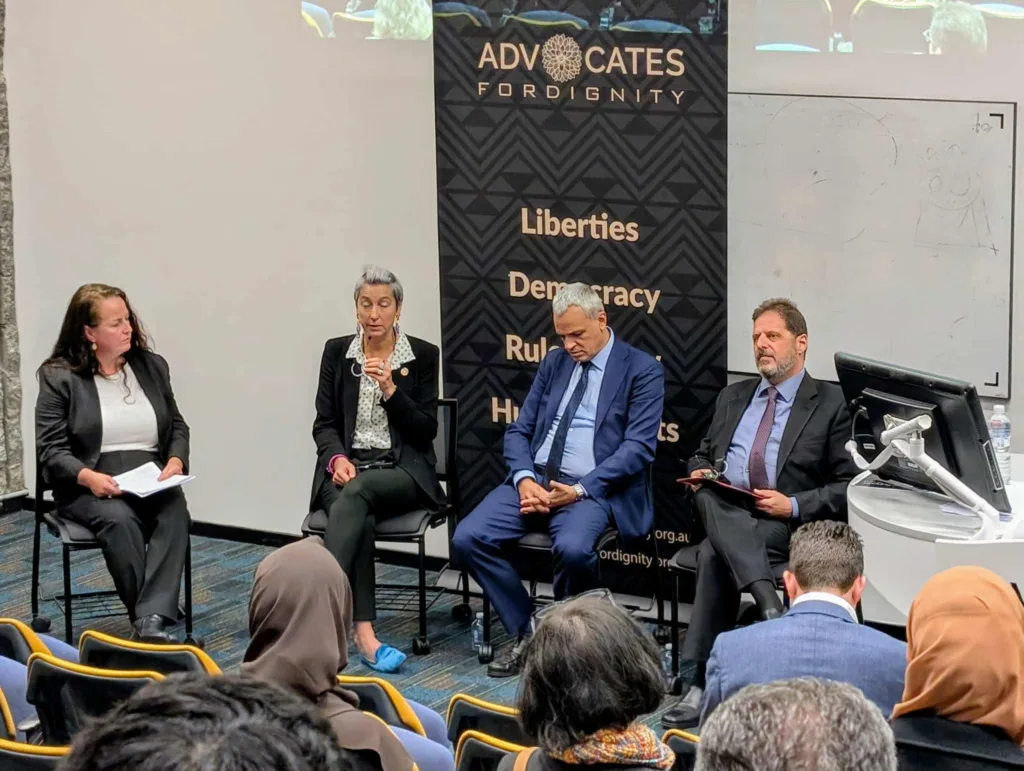
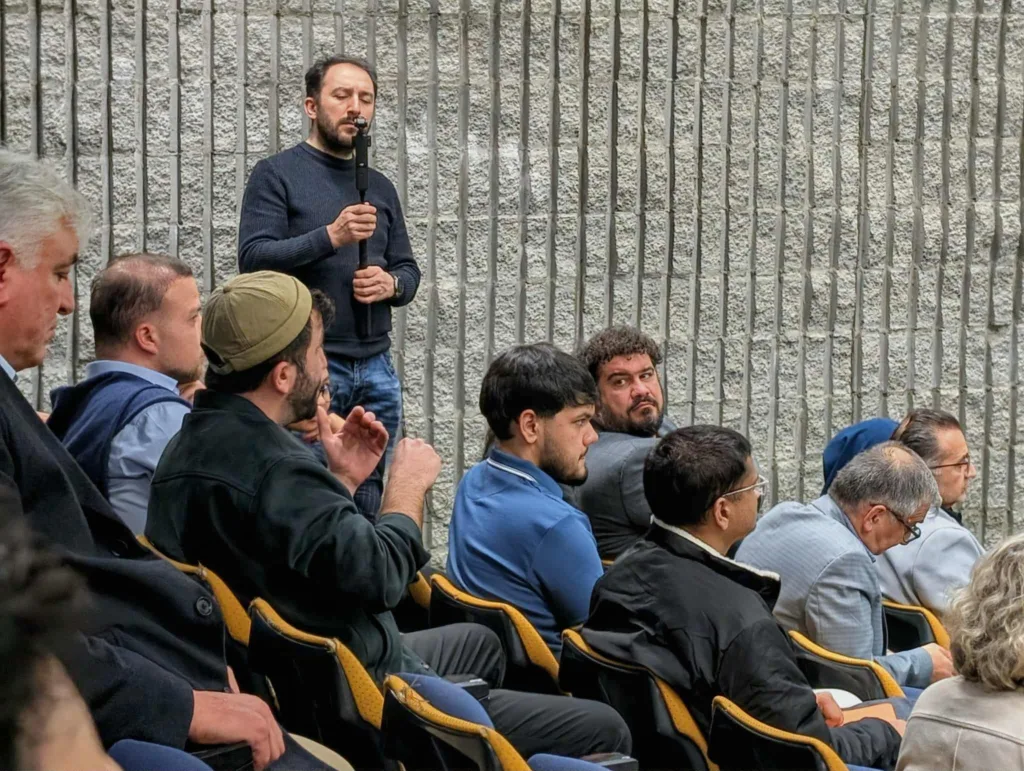
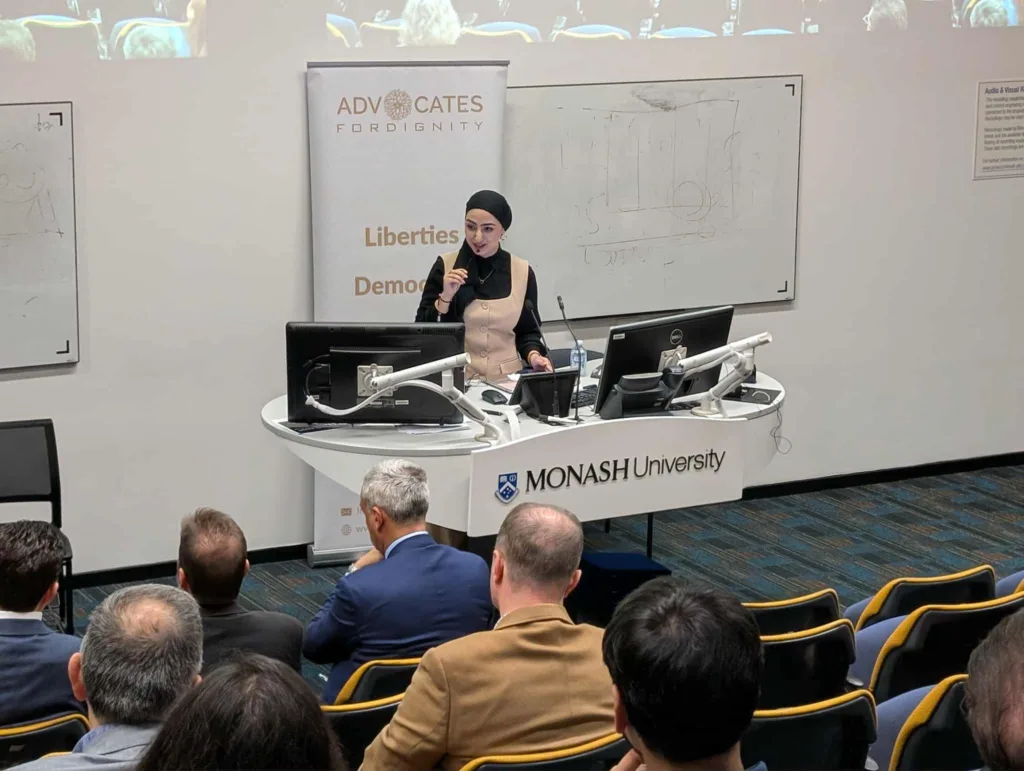
Australia’s record tells a story of contrast. Under Malcolm Fraser in the late 1970s, more than 250,000 Vietnamese refugees were welcomed with robust support and faith they would enrich the nation. Today, that spirit is missing.
“The issue is time,” Livas said. “Politics has changed (since the Seventies), leadership has changed, society has changed, citizens have changed.” Politicians, he warned, now exploit fear. He pointed to a Greek minister who once argued the refugee issue would be solved if life were made “hell” for them.
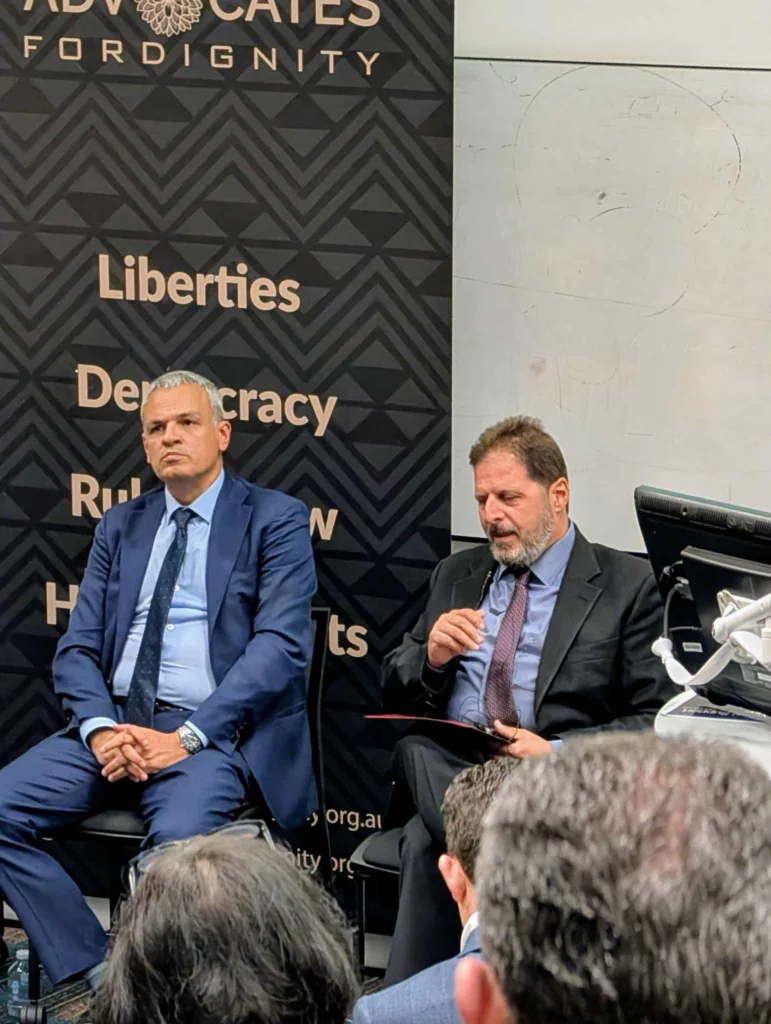
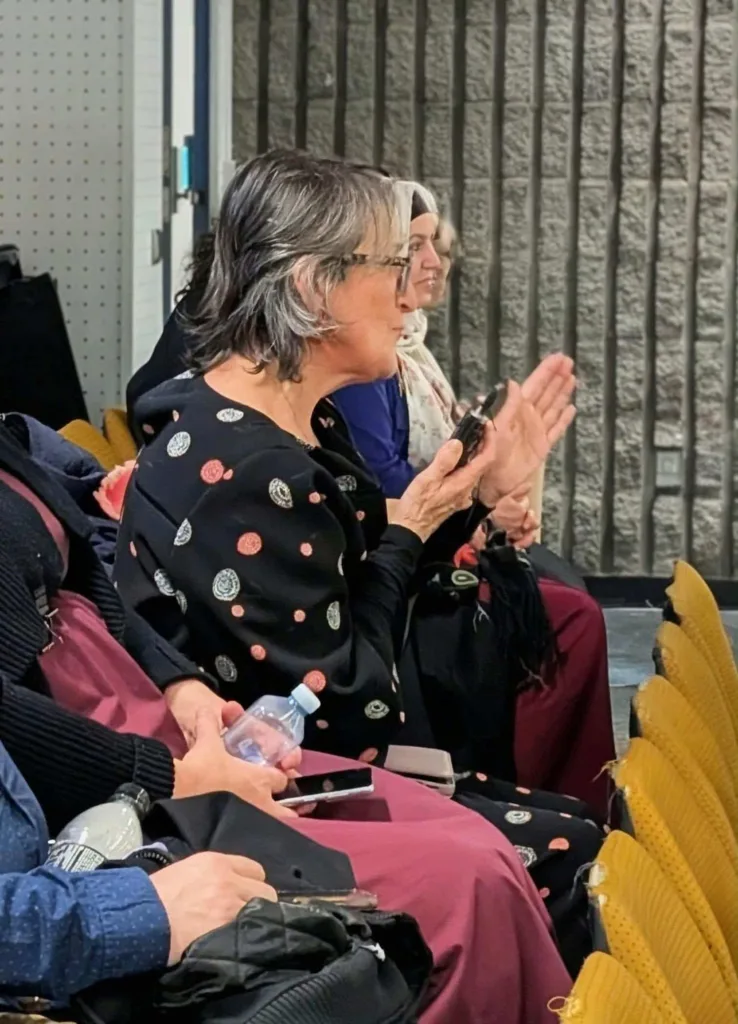
Karagiannis was blunt: “You cannot ask politicians to commit political suicide.” Still, he insisted leaders must explain the difference between migrants and refugees, and why countries have both legal and moral obligations to protect them. If they don’t, extremists will dominate the debate. “We don’t want that,” he said.
Meanwhile, asylum seekers in Australia can wait up to a decade for permanent visas, living without family reunion, Medicare or secure work. Favero praised Australia’s resettlement funding model but called asylum policy “a political football.” What troubled her most was selective compassion.
“It would be transformative if we treated people from Gaza and Afghanistan the same way we treated people from Ukraine,” Favero said.
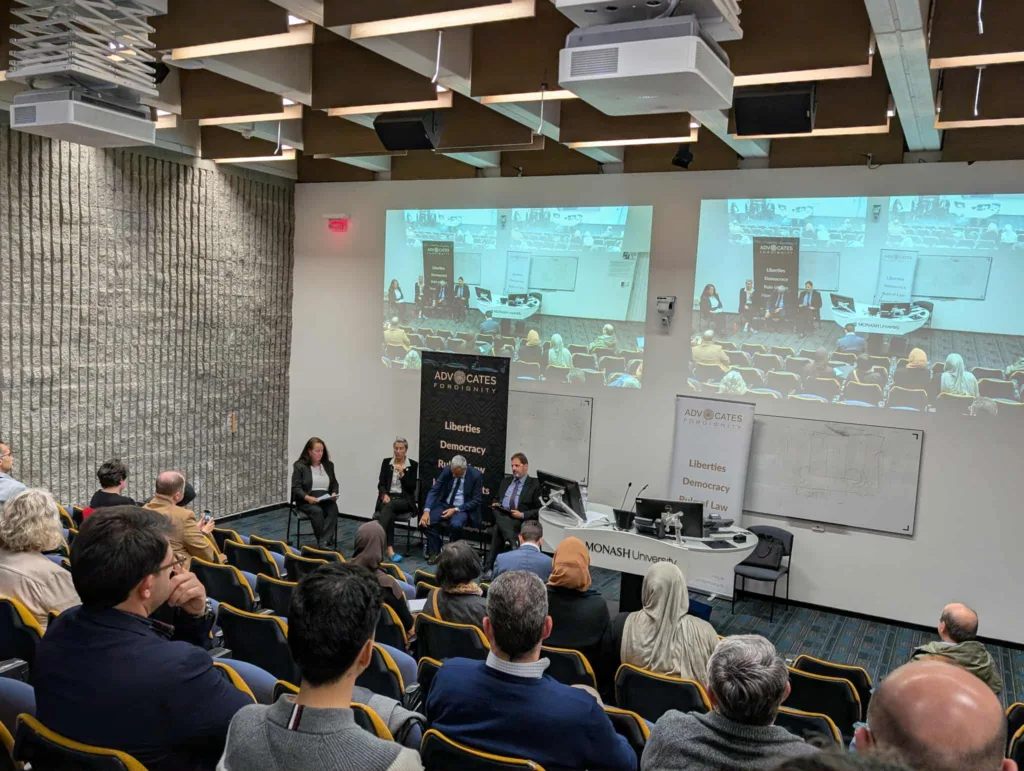
Karagiannis warned of the “invisible refugees” of climate change. Displacement, he said, will come not only from natural disasters but also from conflicts over water and resources. “Displacement is inevitable. We cannot stop every conflict. We must accept this reality and deal with the consequences.”
Europe, he argued, must act collectively: “Hungary cannot isolate itself and say, ‘no, I won’t take anyone due to my ideology.’”
For many Greeks, EU failures feel personal. As Karagiannis noted, “Offering some money is not enough. It cannot be every man for himself, every woman for herself. It has to be a unified response.”
Australia faces the same reckoning. Communities are already leading where governments stall. “The leadership will come from the community, and then the government will follow,” Favero said.
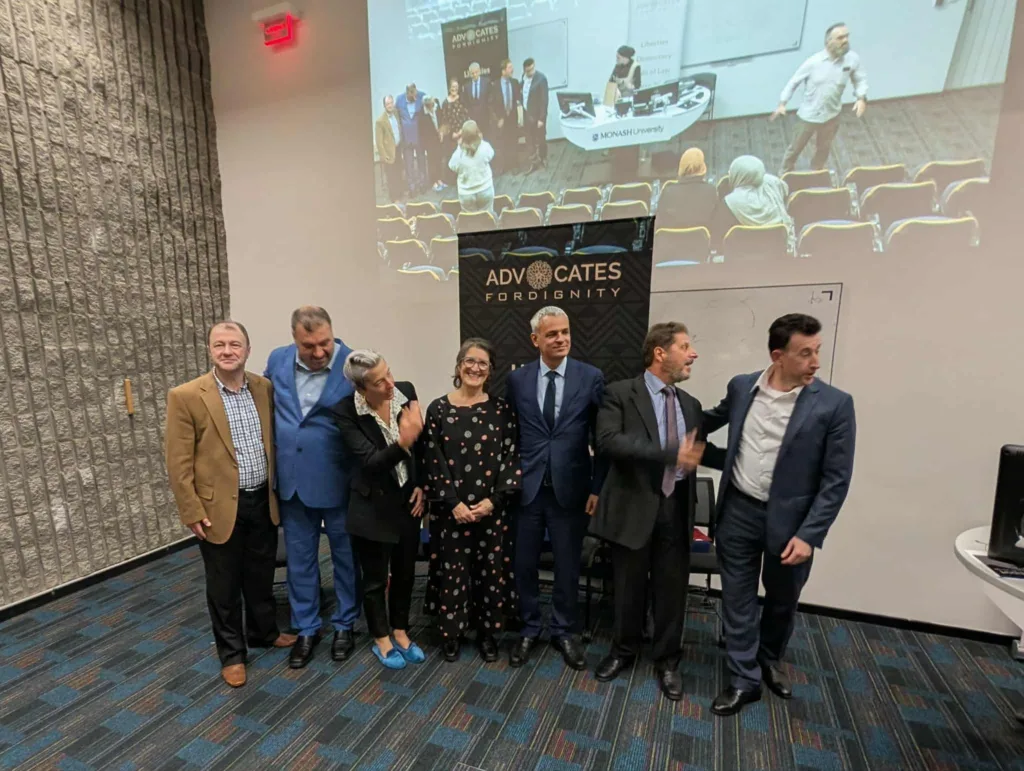
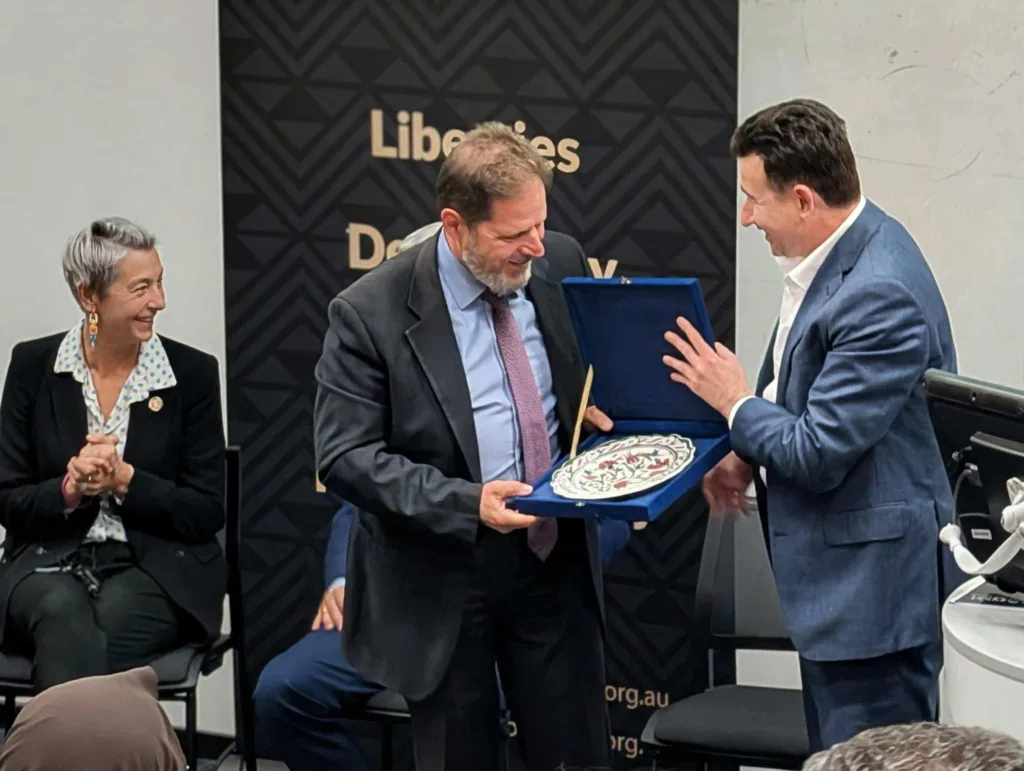
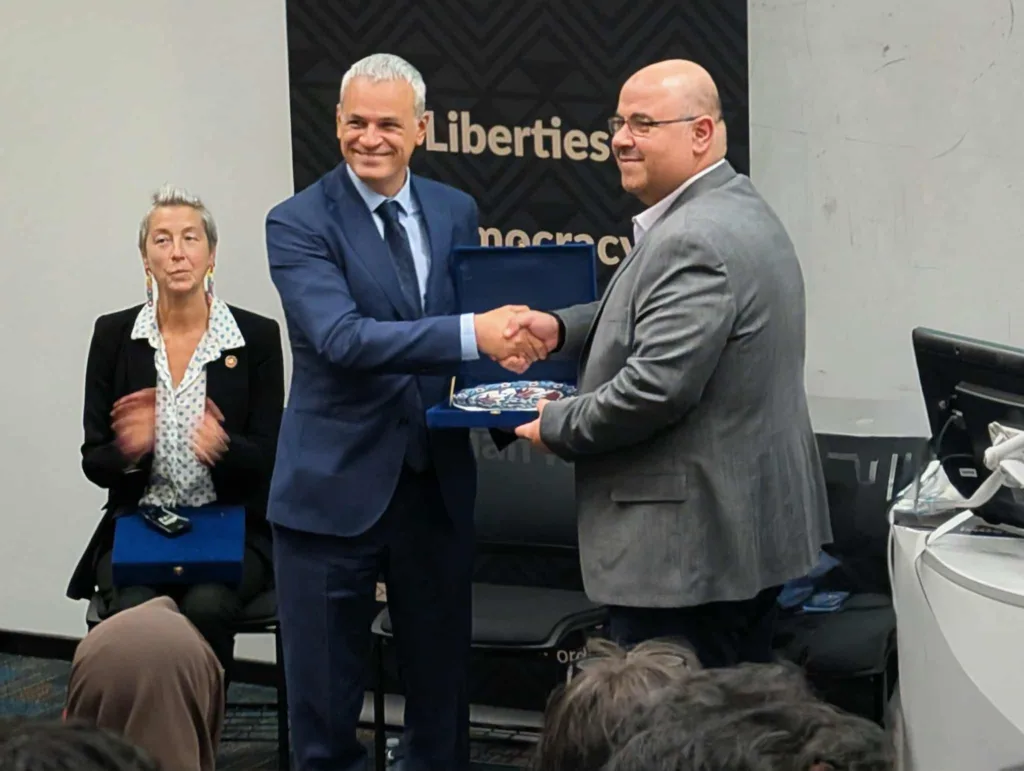
The panel also tapped into personal memory. “Three out of four of my grandfathers were refugees from Asia Minor, and one grandmother from Bulgaria,” Livas said, suggesting refugee ancestry shapes identity across generations. For Greek Australians in the room, his words echoed family histories of Smyrna, forced marches and dislocation.
Ms Vamvakinou, daughter of Greek migrants, gave voice to that shared heritage. “As Greeks, we know what it means to leave under duress. We know the pain of dislocation, but also the opportunity that comes with being welcomed. That’s why we cannot allow fear and hostility to define Australia’s refugee policies today.”
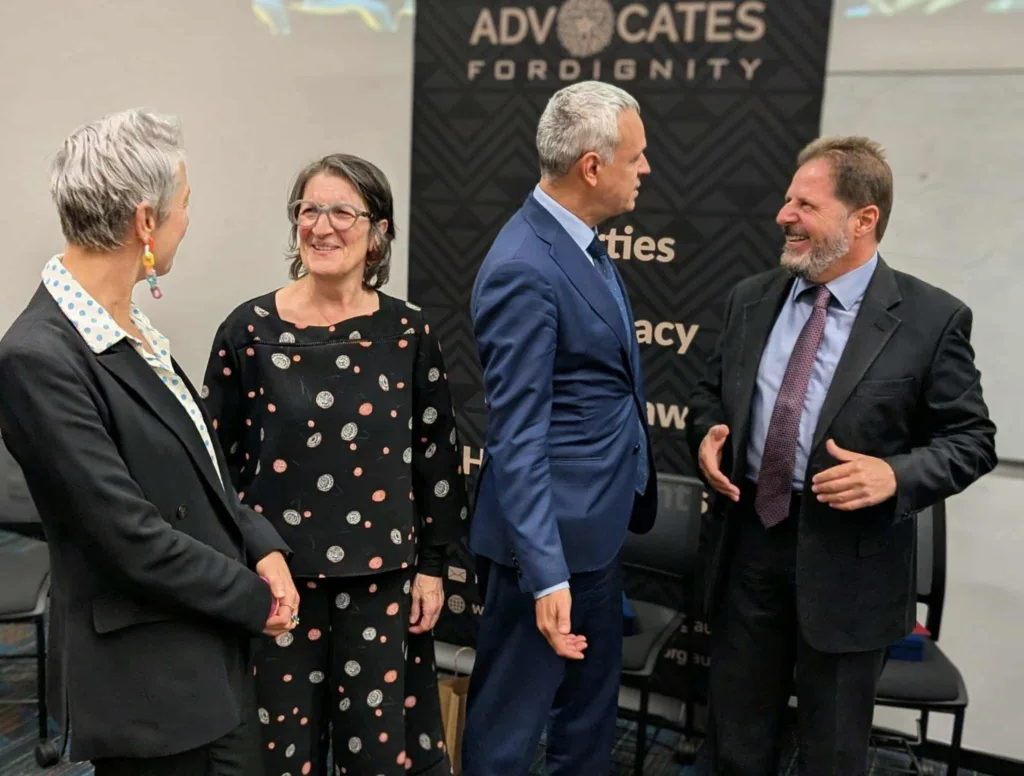
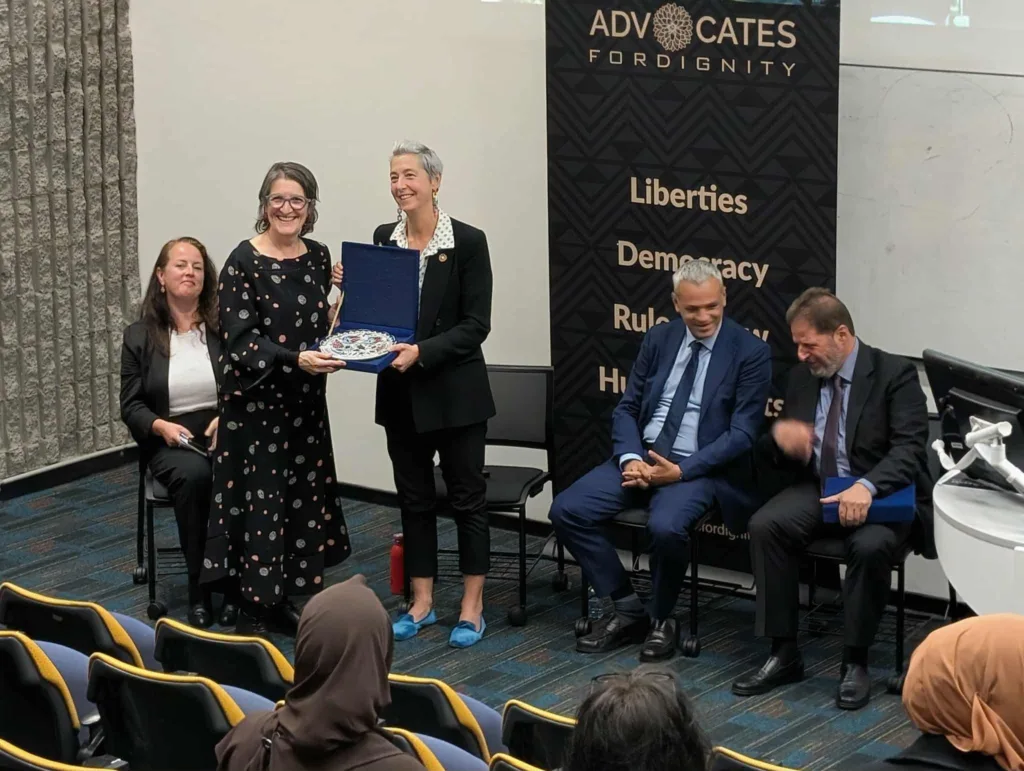
Her remarks reminded many of grandparents who arrived from Smyrna, the Dodecanese or northern Epirus, carrying only memories yet finding new beginnings in Australia.
Said closed with a truth that silenced the room: “We are living in the greatest era of displacement since World War II. To look away is not an option. Refugees are not a burden; they are part of our shared human story.”
*All photos copyright The Greek Herald / Mary Sinanidis.
